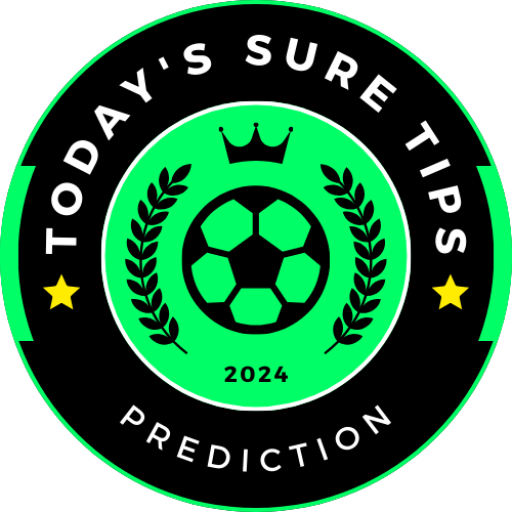These 6 drinks are no-gos before training
These 6 drinks are no-gos before training. To complete your training, you should drink enough. However, not every drink is suitable for your workout. These 5 can even ruin your training
In order for your muscles to work and grow optimally, they need not only enough protein , but also enough fluid. Only with the right hydration can the muscles be supplied with enough oxygen and withstand the intensive strain of exercise.
However, there are also drinks that can quickly ruin your training success – especially if you consume them before training. They make you feel stuffed, weak and unmotivated. Not ideal conditions for your next workout, right?
To ensure that you can complete your training smoothly, you should keep your hands off these 5 anti-sports drinks:
1. Carbonated water
If you drink mineral water with a lot of carbonation before exercising, you are putting unnecessary strain on your stomach. People who are not used to carbonation often react to it with nasty flatulence, constant burping and an annoying bloated stomach, as the stomach is irritated and stretched. Before and during strength training or running, it is better to drink mineral water without carbonation.
2. Soft drinks and juices
Undiluted fruit juices, fruit smoothies and soft drinks are completely unsuitable as pre-workout drinks – and not just because of their often high calorie content. There are several reasons for this:
Soft drinks and juices are hypertonic
Hypertonic drinks are absorbed slowly by the body because, unlike isotonic drinks, they have a higher concentration of dissolved particles than our blood plasma. The body must first compensate for this condition and dilutes juice etc. by removing water from the blood. This makes you thirstier and you have to compensate for the water loss.
Soft drinks and juices often contain a lot of fructose
Juices and smoothies contain a lot of fructose, or fruit sugar. It tastes nice and sweet, but unfortunately the intestines have a really hard time digesting large amounts of fructose. The human body doesn’t actually need fructose and has to convert it into glucose first so that it can use it to generate energy. That takes time – and in the meantime the fructose puts a strain on your digestion and makes you sluggish and full.
3. Milk or milk-mix drinks
Drinking milk before exercising is not a good idea. A protein shake mixed with milk is a good idea after training or when you get up, but not right before your next workout. Why? Milk contains carbohydrates, such as the milk sugar lactose, as well as fat and protein. Your gastrointestinal tract therefore needs a long time to extract and digest all the important nutrients from the milk. Your body uses additional energy to digest the milk, which is then not available for training.
4. Sports drinks
Many of the so-called “sports drinks” on the market are simply hidden sugar bombs – and you really don’t need to drink them before your workout. The subsequent energy kick will end in an energy crisis at the end of the workout.
After training, it only makes sense for real competitive athletes to reach for such (high-quality) sports drinks. The sugar quickly enters the blood and recharges the empty glucose stores. Sports drinks also contain important minerals and are usually isotonic. Isotonic sports drinks are particularly well absorbed by the body because they have the same concentration of dissolved particles as human blood plasma.
But you don’t have to buy them expensively, especially not as a recreational athlete: a spritzer made from mineral water and apple juice in a ratio of 3:1 is the best and cheapest isotonic drink ever.
5. Energy drinks
More energy for training thanks to energy drinks – sounds plausible at first. In theory, yes, but in practice it only works to a limited extent. The energy boost comes from the rapid increase in blood sugar levels. No wonder, given the amount of sugar that is in such a can. The kick doesn’t last long, however, because your blood sugar levels plummet again after a short time and are usually even lower than before. What remains is tiredness and listlessness. Time for the next can. Vicious circle.
But do you need the caffeine kick to focus optimally on your workout? Then drink an espresso or coffee before training, it’s much healthier (and cheaper). But there’s a lot more in the cans – but not much good: Stimulants such as taurine, inositol and glucuronolactone can lead to cardiac arrhythmia, cramps and even kidney failure – especially in combination with exercise.
Energy drinks are definitely not suitable as thirst quenchers during exercise. They are also not suitable as post-workout drinks because after exercise, your muscles want to be supplied with protein and not sugar.
6. Alcohol
Hardly any of you will have a beer right before going to the gym. But even if it’s been a few hours since your last drink, it can still have (negative) effects on your athletic performance. Alcohol is not a good training partner, because the residual alcohol in your blood still affects your ability to react and concentrate. If you train while hungover, you’ll also reach your limit much faster than usual.
Alcohol can also inhibit muscle growth. The reason: breaking down the neurotoxin is your liver’s top priority – everything else is basically unimportant. This can lead to the muscle cells not receiving enough oxygen and nutrients, and muscle growth can be inhibited. Anyone who is currently preparing for training or even a competition should avoid alcohol during this time.
The best drink before training is still water. If you choose the wrong liquid fuel before training, you can expect a drop in performance. Is plain water too boring for you? Then add a little flavor with lemon or cucumber slices.
KEEP TRAINING
Kettlebell training will help you properly load your entire body
Pump Up: 30-Minute Workout to Lose Weight and Build Endurance.
